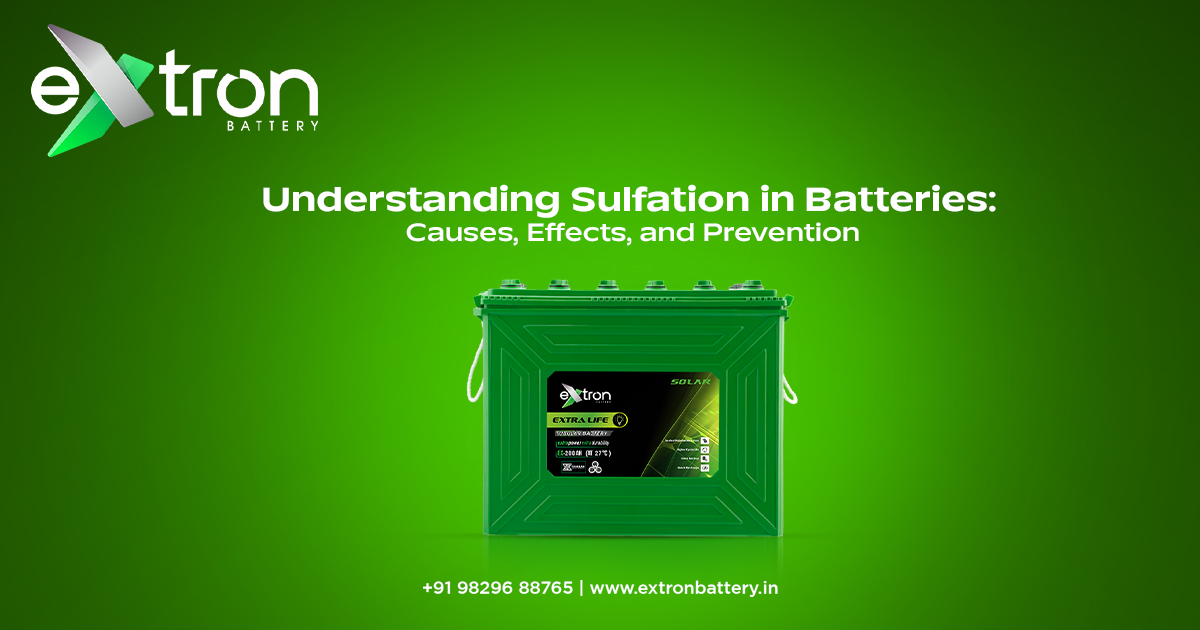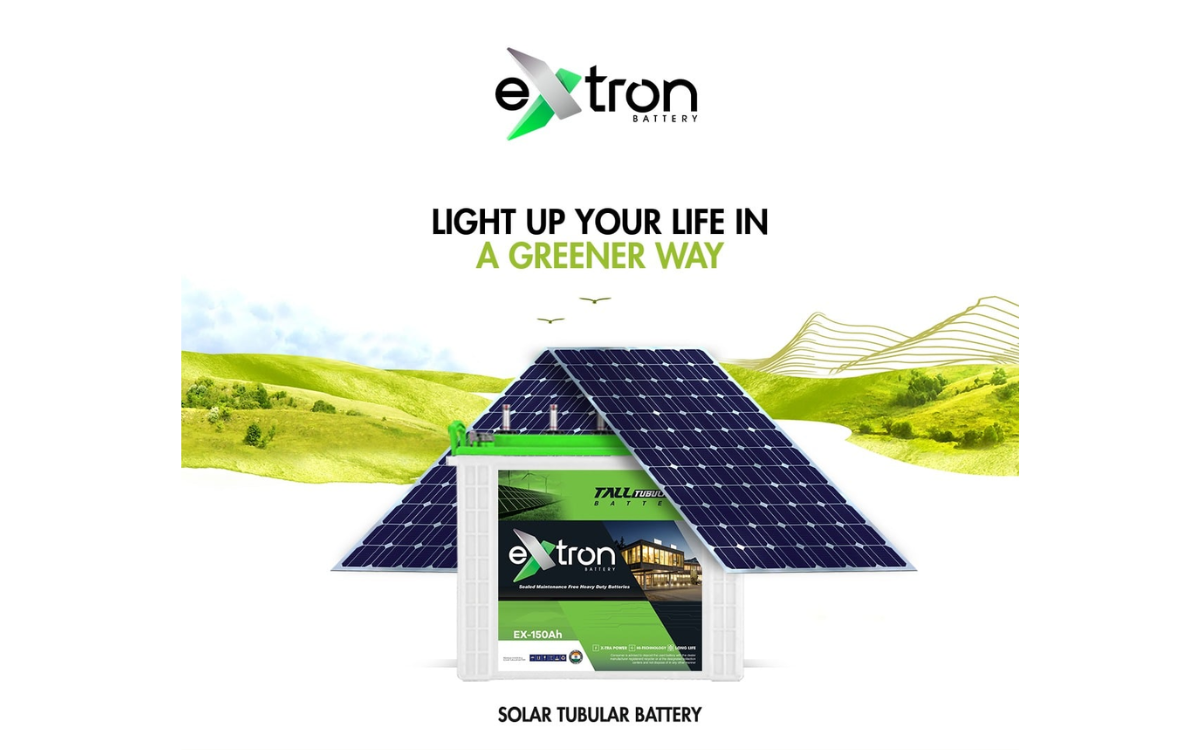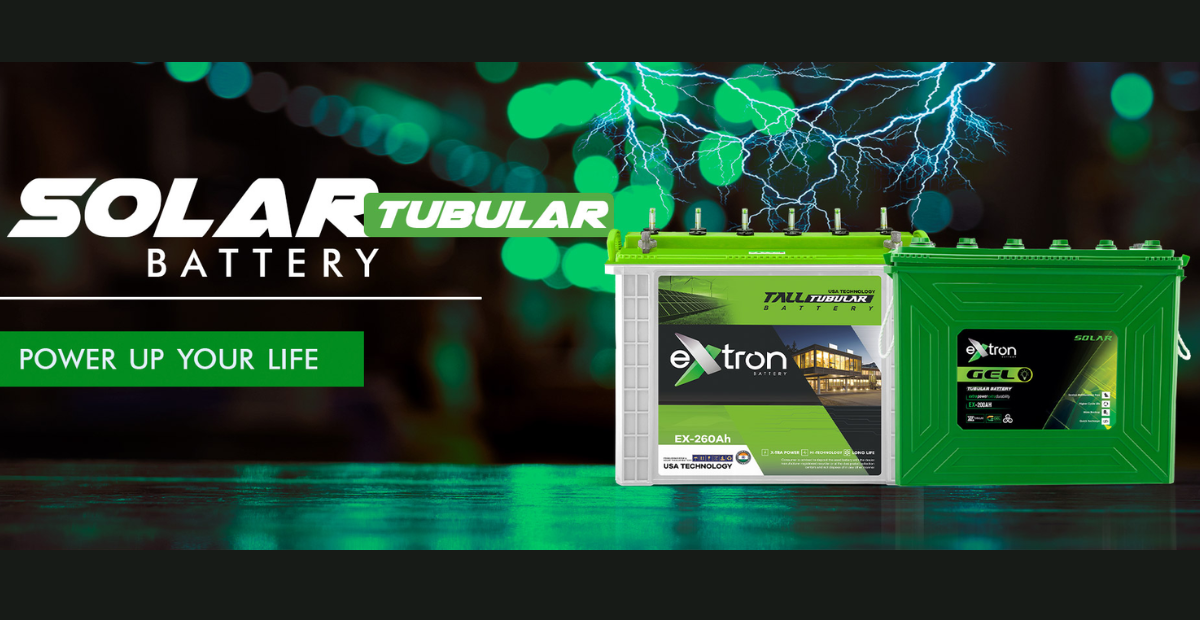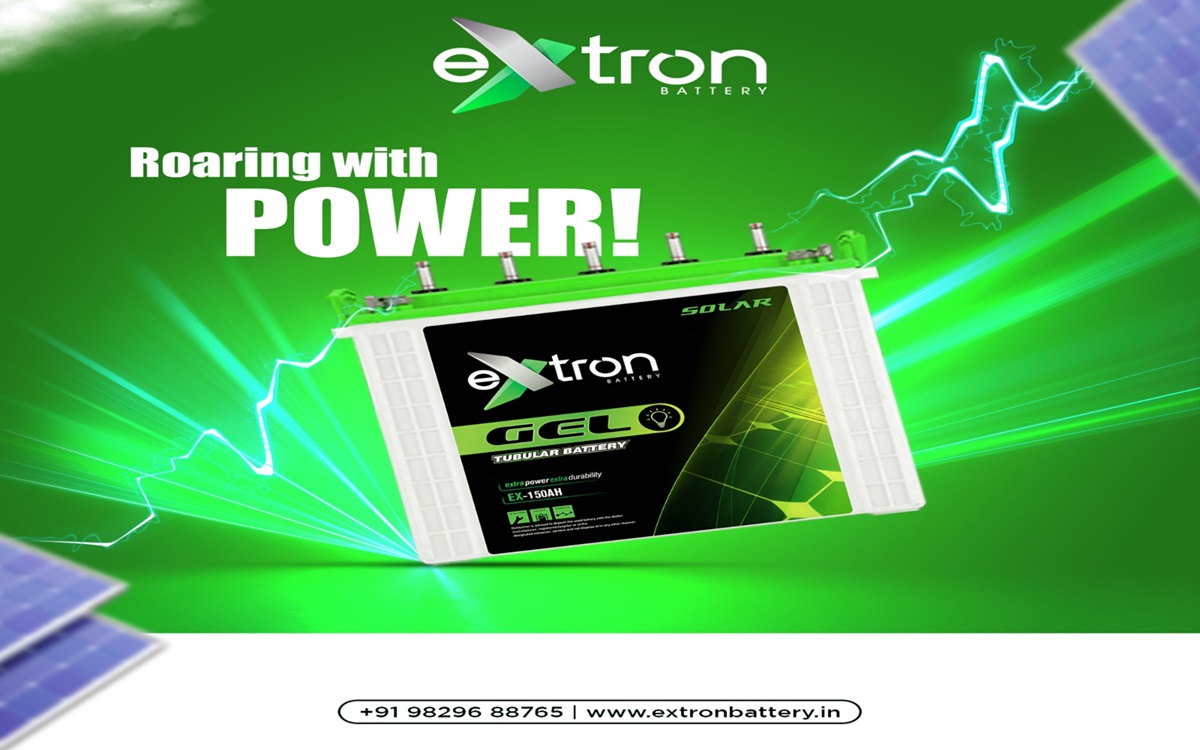In the realm of battery maintenance, one term that often is very common is “sulfation.” This phenomenon can significantly impact battery performance and lifespan, making it essential for users to understand its causes, effects, and preventive measures. In this blog, we delve into sulfation in batteries, exploring what it is, how it occurs, and practical steps to keep it at bay.
What is Sulfation?
Sulfation is a natural chemical reaction that occurs in lead-acid batteries, which are commonly used in vehicles, solar energy systems, and backup power applications. During the normal discharge and recharge cycles of a battery, lead sulfate crystals form on the electrodes. However, if a battery remains in a discharged state for an extended period, these lead sulfate crystals can harden and accumulate on the electrodes, forming a layer of sulfate deposits. This process is known as sulfation.
Effects of Sulfation
Sulfation has detrimental effects on battery performance and longevity. As sulfate deposits build up on the electrodes, they impede the flow of electrical current within the battery, reducing its capacity and ability to deliver power. Over time, severe sulfation can lead to increased internal resistance, decreased voltage output, and ultimately, premature battery failure. Additionally, sulfation can diminish the battery’s ability to accept and hold a charge, resulting in longer charging times and reduced energy storage capacity.
Causes of Sulfation
Several factors can contribute to the occurrence of sulfation in batteries:
1. Undercharging: When a battery is not fully recharged after each use, sulfate crystals may not be fully converted back into active material, leading to sulfation.
2. Over discharging: Allowing a battery to become deeply discharged can accelerate the formation of sulfate deposits on the electrodes.
3. Prolonged Storage: Batteries left in a discharged state for an extended period are particularly susceptible to sulfation.
4. High Temperatures: Elevated temperatures can accelerate the chemical reactions that lead to sulfation, making it more prevalent in hot climates or during prolonged exposure to heat.
Preventing Sulfation
While sulfation is an inevitable aspect of battery chemistry, there are steps that users can take to minimize its occurrence and mitigate its effects:
1. Regular Maintenance: Implement a routine maintenance schedule for your batteries, including periodic inspections, cleaning, and testing to ensure optimal performance.
2. Proper Charging: Always recharge batteries promptly after use and ensure they are fully charged using a suitable charger to prevent undercharging and sulfation.
3. Avoid Over discharging: Minimize deep discharges by monitoring battery voltage levels and avoiding prolonged use without recharging.
4. Storing Batteries Properly: Store batteries in a cool, dry place when not in use, and ensure they are fully charged before storage to prevent sulfation during idle periods.
5. Use Sulfation Inhibitors: Consider using desulfation devices or additives designed to prevent or reverse sulfation in batteries, extending their lifespan and performance.
6. Temperature Control: Maintain batteries within recommended temperature ranges to reduce the risk of accelerated sulfation in extreme heat conditions.
In conclusion, sulfation is a common phenomenon in lead-acid batteries that can significantly impact performance and longevity if left unchecked. By understanding the causes and effects of sulfation and implementing proactive maintenance practices, users can minimize its occurrence and ensure their batteries remain in peak condition for longer periods. Remember, proper charging, storage, and regular maintenance are key to keeping sulfation at bay and maximizing the lifespan of your batteries.
Keep the energy flowing with Extron Inverter Batteries. Explore our reliable batteries and ensure uninterrupted power supply for your needs.




